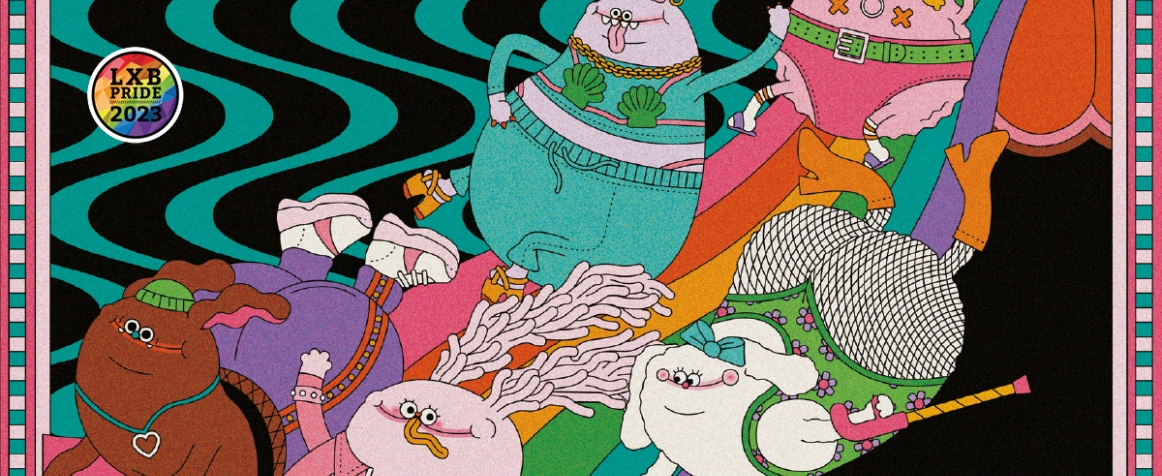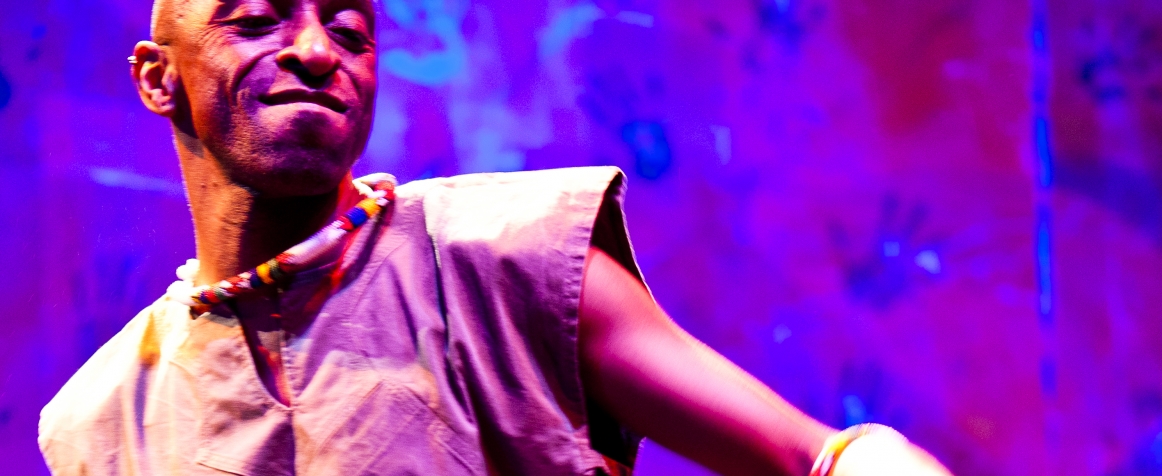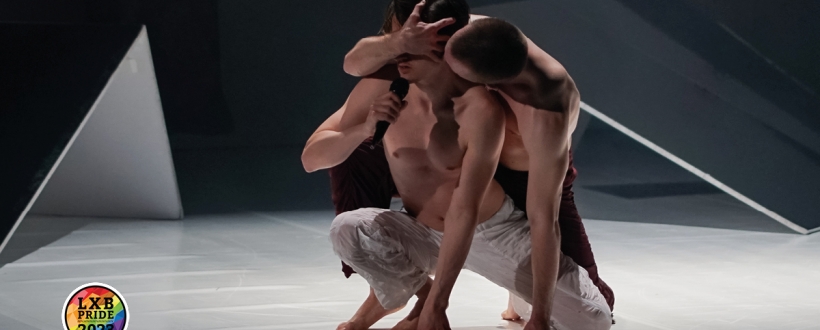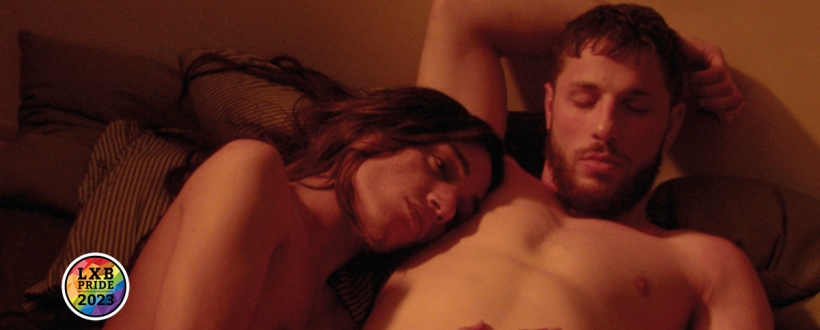PRIDE AT KUFA (4-8 juillet 2023)



PRIDE @Kufa - Edition 2023
>> In the occasion of the Luxembourg Pride, organised by Rosa Lëtzebuerg.
This year, the curator of the Pride programme at the Kufa is Tebby W.T. Ramasike.
Tebby W.T. Ramasike is a South African choreographer, dancer/performer, dance teacher and researcher, Butoh practitioner and activist, born in Johannesburg in 1965. In the early 90s, his work was mainly influenced by Kabuki theatre and its dramatic narrative elements, which led him to Butoh. Butoh dance became an important aspect of his research, alongside African ritual dances. As a dancer, he has worked with internationally renowned choreographers and teachers, and has won several prestigious choreography and dance awards.
In 1999, he founded TeBogO Dance - TBO, with a vision centred on the dancing body as a communication tool and dance as a performance and socio-cultural and educational platform. Since its inauguration, the company has been invited to perform and teach all over the world. This dance work led to his main choreographic research in 2002, when he obtained a master's degree from the Dance Unlimited programme in Arnhem, with the following theme: "The spiritual body as a tool of communication in a global society". Since 2004, he has focused on developing the concept of Afro-Butoh, exploring elements of Butoh and African ritual dances in their spiritual form.
Tebby's mission is to bring dance to the community by offering educational performances and providing a platform for artistic cross-cultural dialogue, supporting the ideas of cross-pollination of dance idioms and an understanding of them as a liberation of body, mind and soul. He is currently working on a long-term, multi-disciplinary, interactive collaborative project entitled “THE WALKING THROUGH: A Journey … A Memory … A Recollection …The Meeting”, in which he invites other artists to collaborate. His latest Butoh project has been selected for the Esch2022 and Kaunas2022 programmes as part of the European Capital of Culture 2022.
Dear Tebby, how did you end up doing the curatory of the Kufa's Pride programmation?
A while ago I was approached by the Kufa team about a project they were planning. Eventually we started to talk further what the project is about. Thereafter, I was asked to collaborate for the Pride which I accepted wholeheartedly.
I first came to know about KUFA many years ago. I think it was around 2008, when I discovered they offered African dance courses and I was in search of a place to teach African dance. Every dance place / school I went to in Luxembourg, referred me to KUFA. […]I started teaching in September 2011. [...] I became a regular at KUFA for both teaching and attending concerts. The impressive history of the place also played a big role in my relationship with KUFA and inspired me. When the African dance courses stopped (I think Summer 2015), I was fortunately offered an opportunity to carry on with my artistic activities at KUFA, being offered space and support, until now, which I am very grateful for. [...] KUFA as it is, feels like my second artistic home, where ideas for most of my current projects began, as well as meeting other artists, to exchange and develop an artistic dialogue, if not collaboration possibilities. I continue to embrace the relationship I have with KUFA and the support given.
How would you describe the programmation?
Exciting. Challenging. Fulfilling It is very diverse and inclusive, comprising of both local and international artists. It is both celebratory and culturally inclined, which appeals to everybody. To have been given a platform and an opportunity to put together such a programme, is a great honour indeed!
As a curator, do you have a "coup de coeur"?
To say I have a "coup de coeur" will be unfair, since from a long list of the initial artistic and musical 'acts' I drew up and eventually toning it down to a few 'acts', they are all my favourites. I enjoy bringing together a diverse form of 'acts' and not only focus on a particular genre. Most important is 'acts' that will appeal to everyone in a broader sense.
Here you can find the whole Kufa-Pride-Program:






